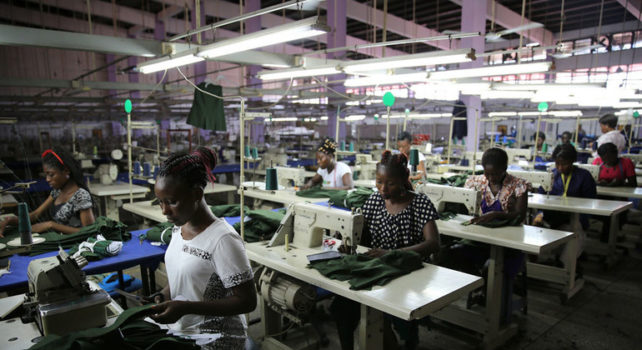 1.6 billion people are in “immediate danger of having their livelihoods destroyed” by the economic impact of COVID-19, the International Labour Organization has warned.
1.6 billion people are in “immediate danger of having their livelihoods destroyed” by the economic impact of COVID-19, the International Labour Organization has warned.
Of the total global working population of 3.3 billion, about 2 billion work in the informal economy, often on short-term contracts or self-employment and suffered a 60% collapse in their wages in the first month of the crisis. Of these, 1.6 billion face losing their livelihoods, the ILO said on Wednesday.
“It shows I think in the starkest possible terms that the jobs employment crisis and all of its consequences is deepening by comparison with our estimates of three weeks ago,” the UN agency’s director general, Guy Ryder said during a briefing.
“For millions of workers, no income means no food, no security and no future. Millions of businesses around the world are barely breathing,” said Ryder. “They have no savings or access to credit. These are the real faces of the world of work. If we don’t help them now, they will simply perish.”
In the Americas, the loss of working hours in the second quarter is expected to reach 12.4% compared with the pre-crisis level. In Europe and central Asia, the decline is estimated at 11.8%.
This translates into a drop in the incomes of informal workers of 81% in Africa and the Americas, 21.6% in Asia and the Pacific, and 70% in Europe and central Asia.
Ryder said: “The pandemic has laid bare just how precarious, just how fragile, just how unequal our world of work is. It is commonly said that this pandemic does not discriminate, and in medical terms that is right. We can all be struck by the pandemic.
“But in terms of the economic and social effects, this pandemic discriminates massively and above all it discriminates against those who are at the bottom end of the world of work, those who don’t have protection, those who don’t have resources and the basics of what we would call the essentials of a normal life.”

Harvey Weinstein’s Rape Conviction Overturned, Paving Way For New Trial
Biden Administration Imposes New Sanctions On Iran Following Attack On Israel
Israel’s European Allies Urge Restraint Amid Escalating Tensions With Iran
Israel Prepares For Possible Attack From Iran As Tensions Escalate